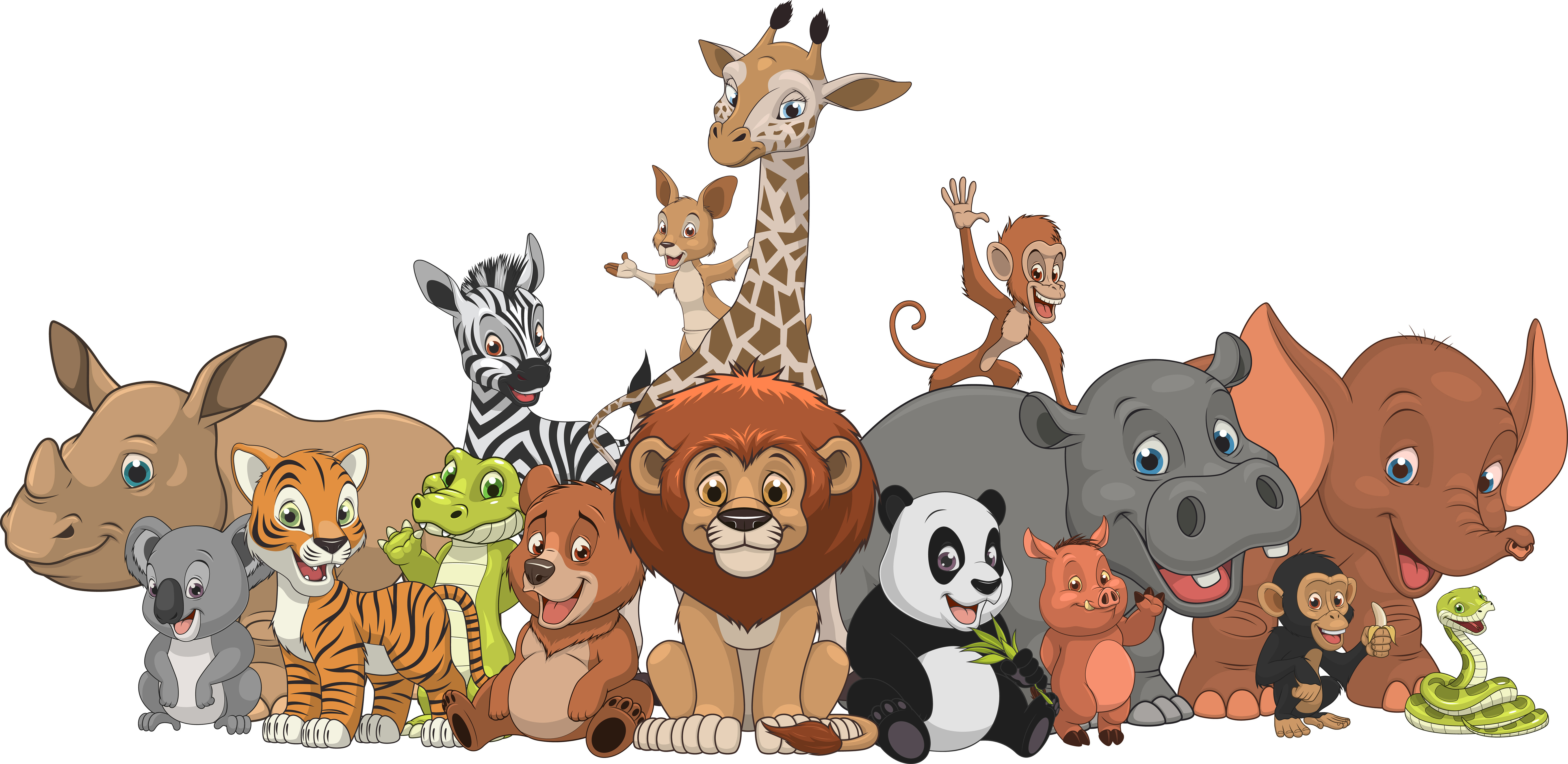What-Would-You-Do-If Content
‘What animal best represents you as a person?’ How would you survive a zombie apocalypse? What would you do if you won the lottery tomorrow?
By asking questions that avoid routine, rehearsed answers, interviewers can get a glimpse into an applicant’s skills and personality, Lee Hafner explains in Employee Benefit News. Talking about the traits of an animal reflects your own qualities, the author explains, with a lion symbolizing leadership or a dolphin characterizing communication skills. A zombie apocalypse represents crisis situations, allowing interviewees to emphasize their adaptability and resourcefulness. The question about winning the lottery allows candidates to show they are motivated by more than money. Applicants should be ready for such out-of-the-box questions, using the job posting itself to prepare, Hafner advises.
In marketing, as in hiring, what-would-you-do research is essential. For one thing, as Cascade Insights points out, “Today’s sales process is largely independent, with 68% of buyers preferring to research on their own before creating a shortlist. If your website doesn’t connect with your buyer’s priorities, or your content doesn’t show up where they are looking, you are likely to lose a lot of prospects that could have been leads.”
“As a consumer, I’m more likely to be a fan of and give repeat business to brands that know what I like and cater to my interests,” Flori Needle of Hubspot observes. After all, for any business, there are going to be customers who are simply too advanced for the product or service, or who engage with your content only to gain knowledge,( not as potential buyers).Meanwhile, 94% of marketers surveyed agreed that offering a personalized experience increases sales.
Just as Lee Hafner advises job candidates to be prepared to present their own “personas” by comparing themselves to specific animals, content marketers must be prepared to demonstrate they can meet their target buyer’s specific needs, behavior, and concerns.
At Say It For You, we know. As content marketers, we caution our business owner and professional practitioner clients that their business or practice cannot ever be all things to all people. We explain that the content marketing we will be doing for them will need to be tailor-made for their ideal customers. That “tailoring” includes:
- what words we use
- how technical we get
- how sophisticated the approach will be in each article or post
What-would-you-do-if content means anticipating how “they” (those readers, not the average reader) might react to or feel about our approach to the subject at hand?


Leave a Reply
Want to join the discussion?Feel free to contribute!